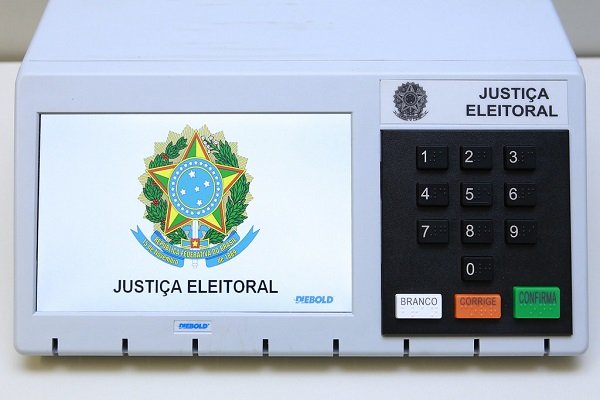This Content Is Only For Subscribers
To unlock this content, subscribe to INTERLIRA Reports.
According to media sources, the Defense Ministry presented to President Jair Bolsonaro the conclusion of the audit carried out by the military on electronic voting machines during the first round of the elections across the country. The results have been in possession of the Armed Forces since last week, but they were not shown publicly.
Background
In recent months, the military has raised questions about the integrity of electronic voting, with requests for inspection of the voting machines source code and meetings with TSE technicians.
The demands meet the request of President Bolsonaro, who has been accusing the Brazilian electoral system, and particularly the electronic voting machines of being prone to frauds and of having been already tempered with, even though no evidence has been shown so far.
The Armed Forces Inspection
Since August, Defense Minister Paulo Sérgio pressured the Superior Electoral Court (TSE) for the Armed Forces to carry out an investigation of electronic voting machines. The role of the military would be to count ballot reports (BUs) and audit the biometrics system linked to the integrity test of the electronic voting system.
TSE President Alexandre de Moraes authorized the military to audit a restricted number of ballot boxes chosen at random. At the time, Minister Paulo Sérgio estimated that the results would be available and would be released a few hours after the end of voting across the country. But so far, they have not been released. The media has speculated that the President did not authorize the Military to disclose the results because no issues were found, thus it would disprove the idea that the electoral system is fraudulent.
The President Still Put in Doubt the Reliability of Voting Machines
During an electoral act in Pelotas (RS), President Jair Bolsonaro questioned the voting machines reliability and asked his voters to remain “in the region of the electoral section until the results are determined” during the 2nd round, which is scheduled for the 30 October.
However, the electoral law prohibits, until the end of the voting time, the agglomeration of people with standardized clothes, carrying flags, pins and stickers, characterizing a collective demonstration. Only individual and silent expression of voter preference is allowed.
Electronic Voting Machines Attacked During the First Round
During the elections’ first round several cases of violence against the voting machines were reported across the country, which could be the result of criticisms against them by the current Federal Government. In Goiânia, a voter was arrested after breaking a voting machine with a club. In Paraíba, a voter wearing a shirt with sayings in support of Bolsonaro was arrested after breaking an electronic voting machine. According to witnesses, he shouted the name of the President and punched the voting equipment. The incident took place in the city of Cajazeiras. In Mato Grosso do Sul, a young man was arrested after using superglue on the keys of an electronic voting machine at a polling station, in Campo Grande. The voter managed to leave the polling place before being discovered, but was later arrested by the Federal Police.




